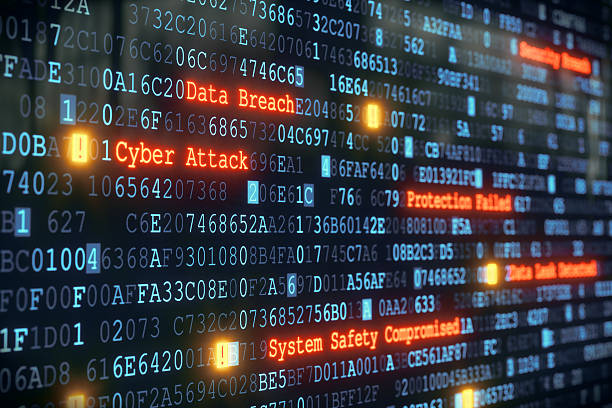Katowice, Poland/New York, December 6 – The number of people accessing the internet under the Covid-19 pandemic has surged to an estimated 4.9 billion this year based on new data available to the International Telecommunication Union (ITU). But for about 2.9 billion people the internet has remained inaccessible and a tool to disseminate disinformation, hate speech and human rights attacks, the United Nations said at the opening of the 16th Internet Governance Forum.
The forum taking place December 6-10 in Katowice, Poland, under the theme “Internet United” is bringing together over 7,000 innovators, big tech executives, young people, government ministers and parliamentarians to spur efforts to build an open, secure and free digital future for all, UN News said. The forum calls for “stepping up collective efforts to achieve universal access and meaningful connectivity, economic inclusion and human rights protection online.” UN Internet Governance Forum
The UN said all participants whether joining the forum in person or virtually can enjoy equal footing and access to the debates through the state-of-the-art 3D online platform.
“The Covid-19 pandemic has highlighted the life-changing power of the Internet,” UN Secretary-General António Guterres said. “Digital technology has saved lives by enabling millions of people to work, study and socialize safely online. But the pandemic has also magnified the digital divide and the dark side of technology: the lightning-fast spread of misinformation, the manipulation of people’s behaviour and more. We can only address these challenges united, through strengthened cooperation.”
Poland’s Prime Minister Mateusz Morawiecki said, “We need ‘Internet United’ and a united response to the digital issues that we are facing recently, especially since the global pandemic has accelerated the process of digitalization in the areas of economic, political and social life. These important topics are being discussed during this year’s UN Internet Governance Forum in Katowice.’’
The ITU, a specialized UN agency for information and communication technologies (ICTs), said in a report published on November 30 that the number of people using the internet surged to 4.9 billion in 2021 from 4.1 billion in 2019. The rest of the world population, about 2.9 billion, still have no access to the internet. While the surge represented an important global development, the ITU said millions of internet users “may only get the chance to go online infrequently, via shared devices, or using connectivity speeds that markedly limit the usefulness of their connection.”
Of the 2.9 billion people still offline, an estimated 96 per cent live in developing countries, the ITU said.
“While almost two-thirds of the world’s population is now online, there is a lot more to do to get everyone connected to the Internet,” said ITU Secretary General Houlin Zhao. “ITU will work with all parties to make sure that the building blocks are in place to connect the remaining 2.9 billion. We are determined to ensure no one will be left behind.”
The ITU report said the internet remains vulnerable to abuses and the costs data breaches are expected to top $5 trillion by 2024. It said the lack of accountability in cyberspace has made the Internet “a vehicle for the spread of hate speech, violent extremism and misinformation on the pandemic.”
For Media:
– Facts and Figures website
– Download the report
– Media Resources
United Nations correspondent journalists – United Nations correspondent journalists – United Nations correspondent journalists
United Nations journalism articles – United Nations journalism articles – United Nations journalism articles

